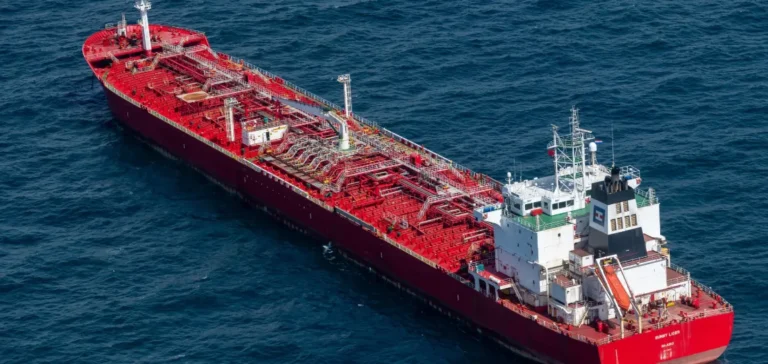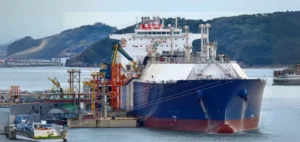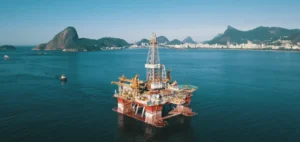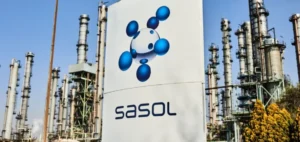Diesel prices in Europe rose sharply on the afternoon of July 18 after the European Union unveiled its 18th sanctions package, banning imports of refined products made from Russian crude, including those processed by third countries. The decision marks a significant tightening of the bloc’s energy policy, aimed at blocking circumvention of earlier sanctions through indirect supply chains.
The European Union granted exemptions to Canada, Norway, Switzerland, the United States and the United Kingdom, while excluding key Russian trade partners such as India and China. The measure caused immediate market volatility, with the ICE LSGO August delivery contract jumping $42.50 to $755/tonne. The August/September spread, a key indicator of supply tightness, widened to $27.25/tonne, up $9.75.
Redirected flows from India and Turkey
India and Turkey, which became major diesel suppliers to Europe after 2022, are directly affected by these restrictions. According to S&P Global Commodity Insights, approximately 250,000 barrels per day (b/d) of diesel from these countries could be impacted. These volumes rely heavily on Russian crude refined locally, which is now prohibited for import into Europe.
In June, Europe imported 124,000 b/d of diesel from India and 94,000 b/d from Turkey, accounting for 7% and 5% of total imports respectively, according to Commodities at Sea by S&P Global. These figures are down from the 2023 full-year average, when Indian volumes reached around 200,000 b/d. The United States and Saudi Arabia were Europe’s largest suppliers during the same month, delivering 380,000 b/d and 190,000 b/d respectively.
Historically low inventories in Europe
Concerns over low diesel inventories are intensifying as the new sanctions take effect. Stocks at the Amsterdam-Rotterdam-Antwerp hub dropped to an 18-month low on July 17. In a strongly backwardated market, industry players see no economic incentive to build inventories.
“No one wants to hold stocks in this environment,” a European trader said. “Everyone is operating just-in-time.” Another trader remarked that “if everyone is running low, refineries might face constraints that push prices even higher.”
Potential geopolitical consequences
The tighter restrictions come amid broader geopolitical tensions, with the United States threatening to impose 100% secondary sanctions on Russia’s trading partners if no peace deal is reached by September. India’s oil minister said on July 17 that the country is prepared to adjust its crude supply sources, while acknowledging short-term uncertainty.
The Vadinar refinery, operated by Nayara Energy and partially owned by Rosneft, is particularly affected. The 400,000 b/d facility recently exported 7,500 b/d to Europe, accounting for over one-quarter of its total shipments. Turkey’s Ministry of Energy said it was awaiting further details on how the ban will be implemented.






















